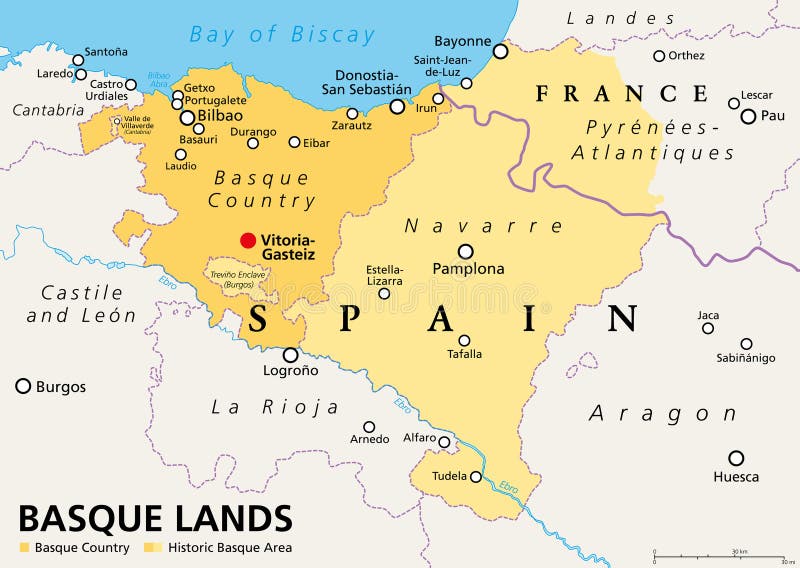The city of Bilbao is a part of Basque country. Because of this, the Basque language, called Euskera or Vasco, is co-official with Spanish. This fact makes Bilbao the perfect destination for students or professors interested in anthropology or linguistics!

Euskera has a very unique history. The language, unlike many of its other European neighbors, is not a Romance language. In fact, despite its place in the Roman Empire, Euskera has very little Latin influence besides a few loan words. This could be because Basque country is situated in mountains that were of very little material interest to the Romans. In fact, there is no evidence that Basque is related to any other language and it is the only non Indo-European language in Western Europe. Though the earliest written sources of Basque come from the 16th century, attempts to reconstruct the more ancient form of the language have been useful in determining Basque’s uniqueness. As the only surviving pre-Indo-European language in Europe, it is a valuable undertaking to teach Basque and preserve its cultural history.
Euskera went through a period of strengthening and unification for a period until the War of Spanish Succession when the Nueva Planta banned languages besides Castilian. Bilbao was one of the cities most impacted. The Basque language has gone through periods of repression and regeneration, the most recent of which was under Francisco Franco. Franco, who was ardently against regionalism, made Castilian the official language of Spain. After his death, many regional languages like Euskera, Galician, and Catalan have been revived. Since this language revival, many activists in Basque Country have fought for what they call “language planning”. This is essentially government policy meant to promote bilingual education through media programs, public language use, and educational programs. The movement of language planning has been an effort to prevent cultural assimilation. Since 2011, the number of Basque speakers has risen dramatically. The 2021 population and housing census indicates that 62.4% of people had some knowledge of Basque. Bilbao has had the greatest increase, with 30.6% of the population speaking Euskera for a total of 103,631 speakers. The population of Bilbao has made a successful effort to not let this stunning and unique language be lost to time. We hope that you are interested in helping this effort as well.
Bilbao is the perfect destination for a linguistics study abroad, not only because it is in Basque speaking Basque Country, but also because the University of Deusto in the city offers Basque language programs. The University is registered as an Euskaltegi under the Basque government. They offer a variety of courses and programs, including an option to obtain a certificate in the language. There are also a variety of levels and an option to test into any of them. This is the perfect program for students hoping to immerse themselves in a language program. Students can attend classes and learn the basics of the language and practice those skills among the native speakers of the city. We hope you choose to visit the beautiful city of Bilbao!
For an easy guide to some beginner phrases, try this link!
